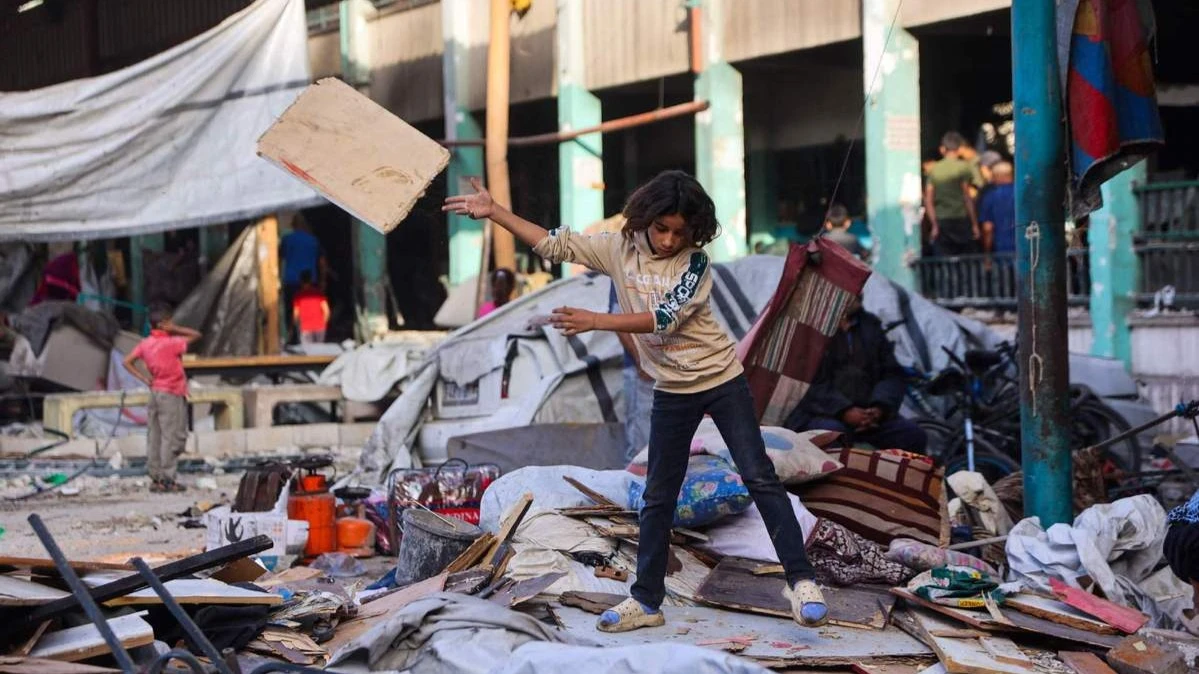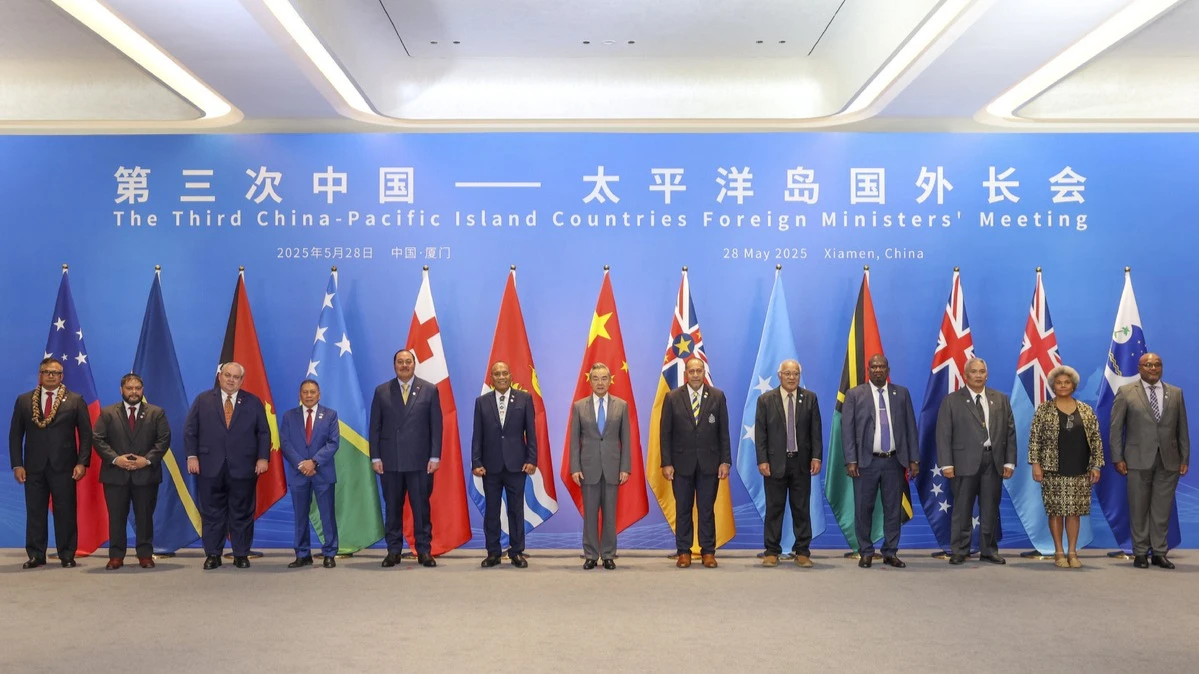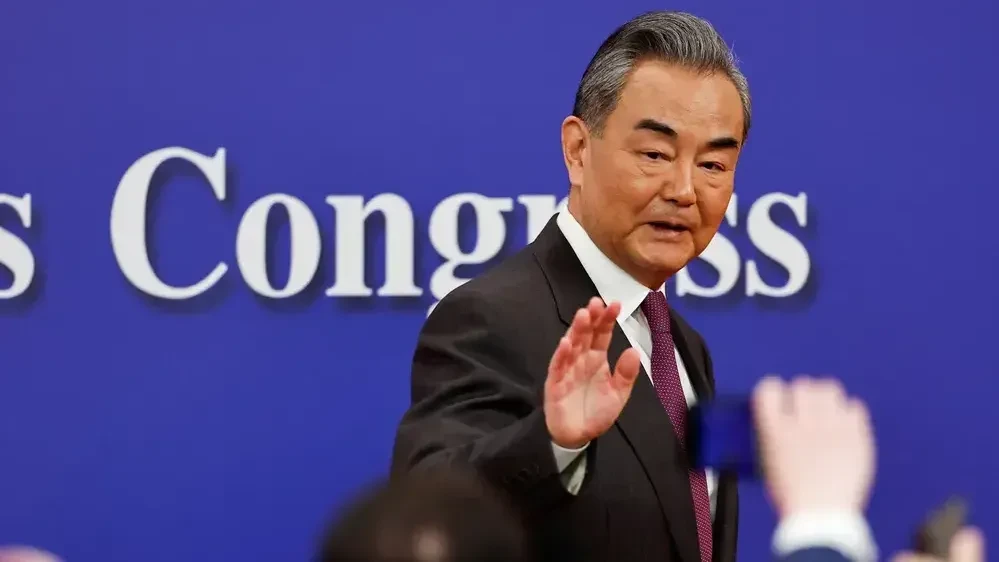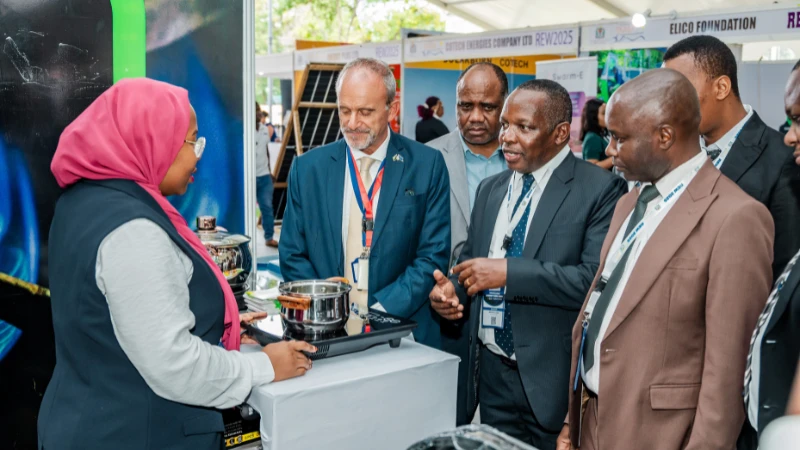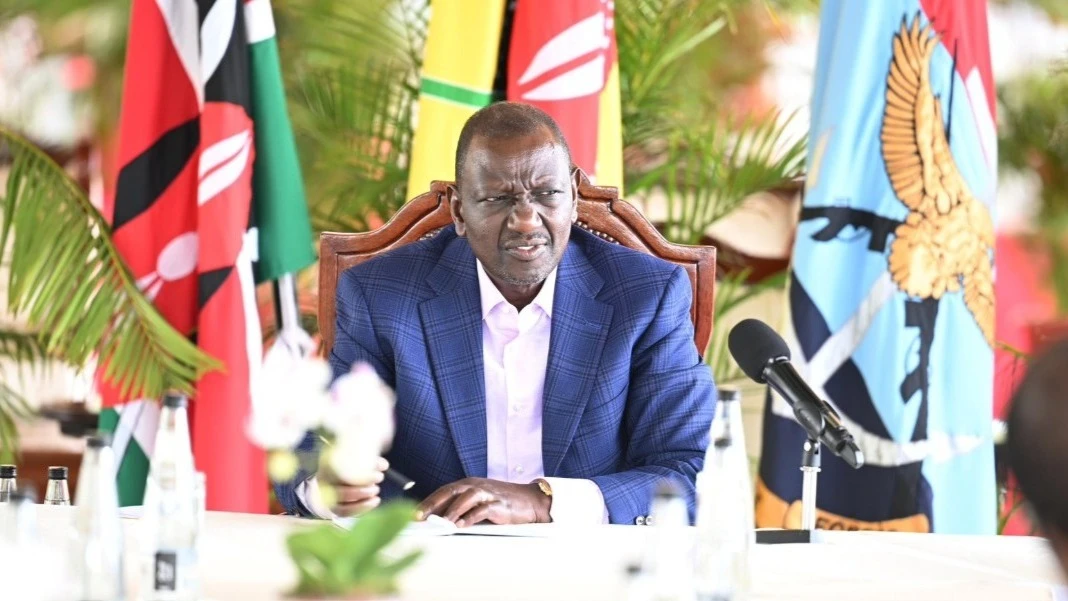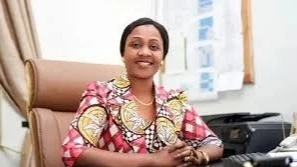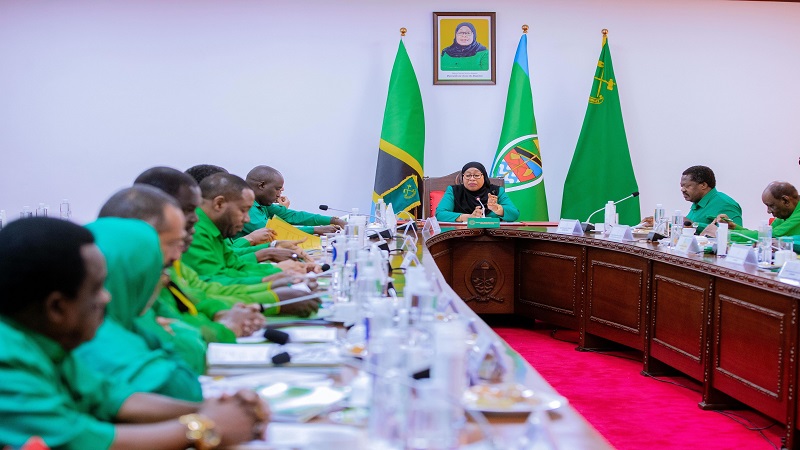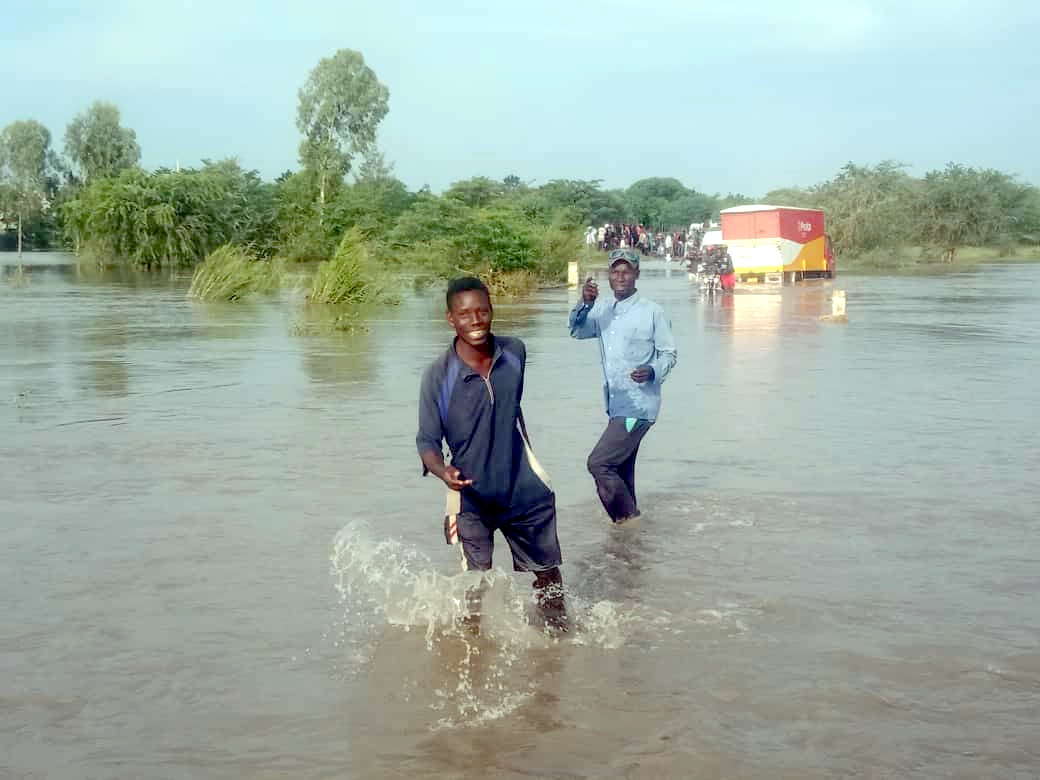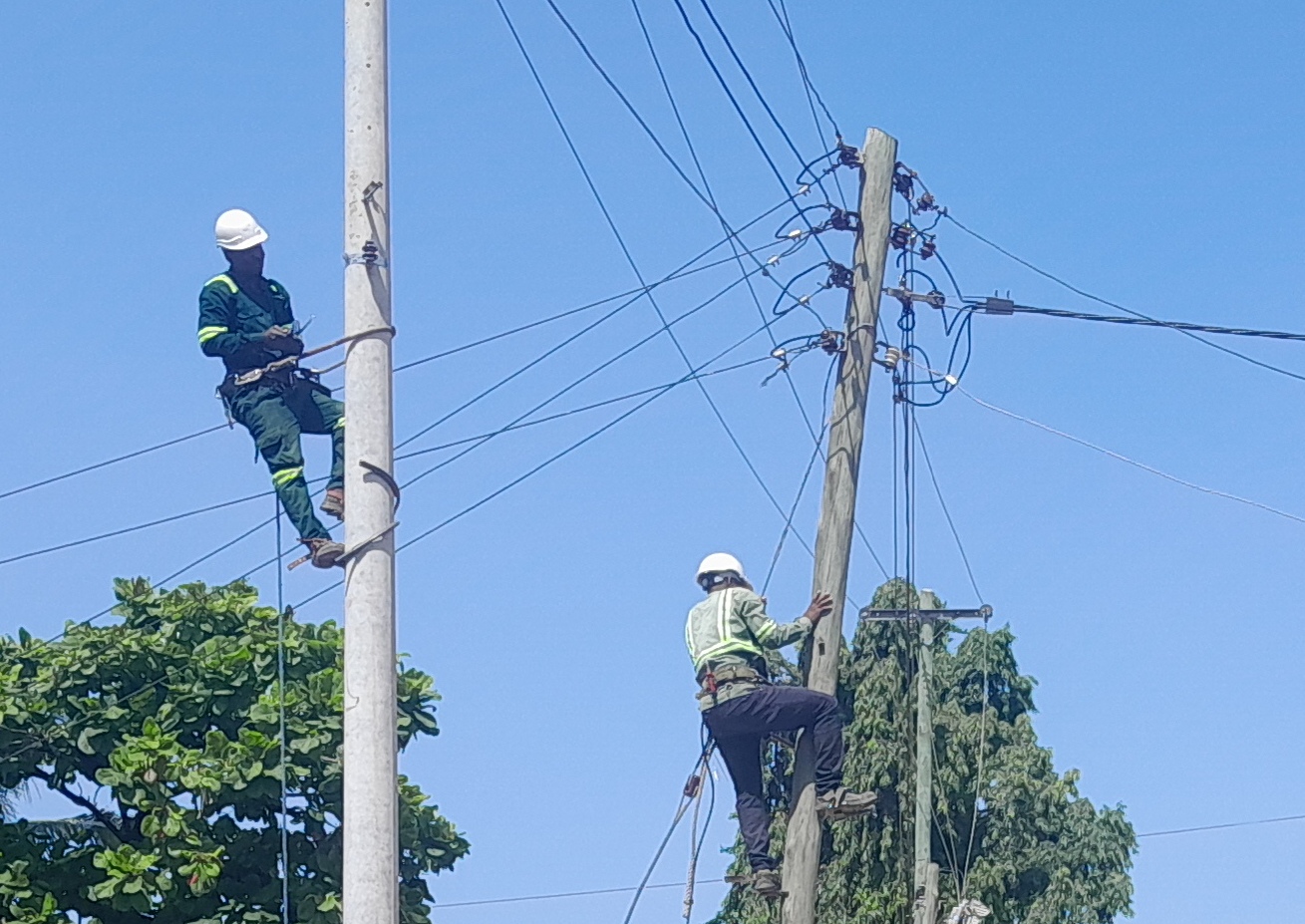Quality early childhood education foundation for lifelong learning
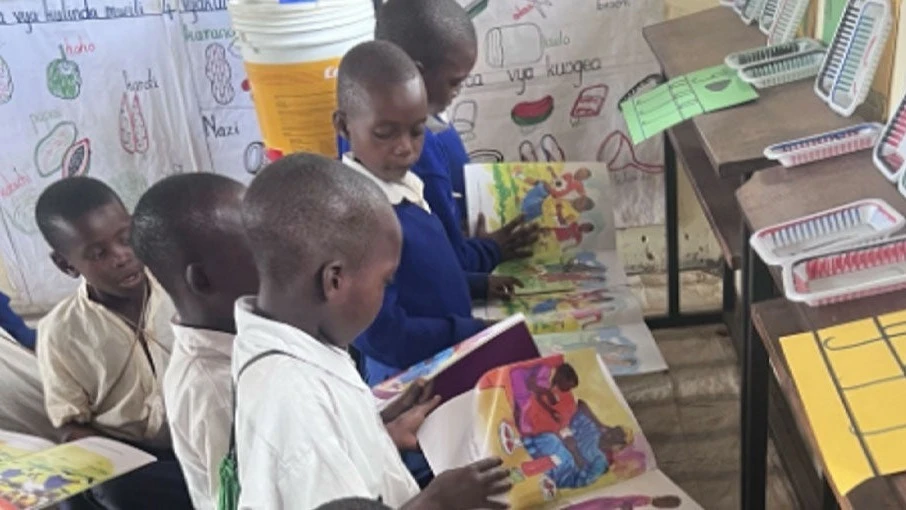
QUALITY early childhood education (ECE), including pre-primary education, is recognised as laying the foundation for child development, lifelong learning, and success in life.
Although some people suggest that children who miss out on this foundational stage of learning may still catch up at a later stage, others argue that it is a disadvantage (a missed opportunity). Studies on child development suggest that the brain of a child aged 0-6 years (other studies put it at 0-8 years) has extraordinary capacity for learning.
Early childhood experts Jennifer Gerdes, Tonia Durden and Lisa Poppe in particular in their article titled “Brain Development and Learning in the Primary Years” published in 2013 suggest that “Early childhood, the period from birth through age 8, is a stage of development unlike any other in the lifespan. Five-and six-year-olds make huge intellectual leaps during this time.
Learning occurs differently during this period than in later years.” They argue that children aged around 8 years “can think abstractly and symbolically, and understand parts of a concept before they know the whole picture.”
Therefore, a child who is exposed to quality education around this early age is likely to make the best out of his or her early childhood learning experience than the one who misses out on such an opportunity. Utilising the child’s extraordinary capacity for learning at this foundational stage of learning is critical to educational attainment and future job prospects and success in life.
There are also people who think that learners at higher levels of education deserve qualified teachers more than those at lower levels – implying that for those at lower levels (like at a pre-primary school level) any teacher can do. I have come across some university graduates who teach at some primary schools, and a Master’s Degree (MA) student who also teaches at a primary school, possibly not as a matter of choice, but of circumstance. However, I haven’t come across a university graduate who teaches at a pre-primary school, but this does not mean that there are none.
Yet, while reading about Namibia’s pre-primary education I was elated at learning that even holders of a Master’s Degree head primary schools. I read about Namibia’s pre-primary education after coming across a report which says Namibia leads the world in spending on education.
“In addition to the top winners globally, there are middle- and low-income economies excelling in various domains. Relative to other countries and to its gross domestic product (GDP) or population, Namibia ranks 1st in expenditure on education, Mozambique in gross capital formation, and Cambodia and Nepal in loans from microfinance institutions” [Global Innovation Index 2023: Innovation in the Face of Uncertainty (16th Edition) published by World Intellectual Property Organisation (WIPO)].
Last year’s report titled “Global Innovation Index 2024: Unlocking the Promise of Social Entrepreneurship (17th Edition)” says “Select middle- and low-income economies excelled in various domains.
Relative to GDP, trade or population, the Plurinational State of Bolivia, Cambodia and Nepal, for example, rank 1st in loans from microfinance institutions, Malaysia in graduates in science and engineering, and Mexico in creative goods exports. Relatively, Morocco leads in industrial designs, the Islamic Republic of Iran in trademarks, and Namibia in expenditure on education.”
The two reports are corroborated by a UNICEF report titled “Education Budget Brief for Namibia 2022/23: Safeguarding Public Investments Towards Reimagining Education”.
The UNICEF report says “Namibia devotes a significant share of its budget towards the education of its children, with an annual average spending of 20.7 per cent of total budget and 7.8 per cent of GDP. This huge investment in education should be commended and need to be sustained as a key enabler towards reimagining education, help recover pandemic-related learning losses and revitalise efforts to achieve sustainable development goal (SDG) 4 and related national strategic objectives.”
Comparing the per capita education spending in the East and Southern Africa Region (ESAR), the UNICEF report says: “With a per-learner expenditure of $1,378.00 (based on total education spending, including higher and tertiary education) (in PPP terms) Namibia ranks 3rd in ESAR. Government expenditure per learner gives an indication of the adequacy of spending on education.”
In this education budget brief, South Africa is ranked 1st in per capita education spending, Swaziland 2nd and Namibia 3rd, followed by Comoros (4th), Kenya (5th), and Zimbabwe (6th). Others are Lesotho (7th), Botswana (8th), Tanzania (9th), Madagascar (10th), Burundi (11th), Uganda (12th), Malawi (13th), Rwanda (14th), Eritrea (15th), Zambia (16th), South Sudan (17th), and Mozambique (18th).
Last year’s UNICEF report titled “Namibia Budget Brief 2024/25: Optimising Financing Towards the African Union (AU) Year of Education Commitments” Namibia ranks 4th in per capita education spending in 50 selected African countries (in PPP terms). It is preceded by Seychelles, Botswana, and Mauritius. Tanzania was ranked 27th in per capita education spending.
A UNESCO/AUC report titled “Education in Africa: Placing Equity at the Heart of Policy 2023” suggests that providing children with quality education paves the way for a lifetime of better opportunities not only in terms of future job prospects and how much the children will benefit, but it also has an impact on their wellbeing.
The report recognises Tanzania’s scope of its policy on per child capitation grant to school to include pre-primary schoolchildren. It also recognises Tanzania’s effort to address the limited availability of qualified teachers following a decision to make one year of pre-primary compulsory and that in 2014 Tanzania initiated a ‘massive employment exercise’ involving a new three-year-long diploma programme in six teacher training colleges.
The report also recognises that Tanzania organised nationwide training for one teacher from every primary school already providing pre-primary education to build their skills and knowledge around the pre-primary curriculum and pedagogy. Tanzania’s Curriculum and Syllabus for Pre-Primary Education 2023 provides that the general competence of pre-primary education focuses on developing basic competences in communication, cooperation, creativity, critical thinking and problem solving, digital knowledge, and patriotism.
Pre-primary education learning areas include a) culture, religious education, arts and sports; b) language and communication; c) early life skills; d) health and environment, and e) early numeracy skills, science, and information communication technology (ICT) skills.
Adequate investment in early childhood education includes spending on it in terms of allocating more funds to this foundational and formative stage of learning and the training of teachers to facilitate effective learning. It is this type of education that will result in better learning outcomes in terms of grooming critical/intelligent thinkers and problem solvers from an early age.
Top Headlines
© 2025 IPPMEDIA.COM. ALL RIGHTS RESERVED











